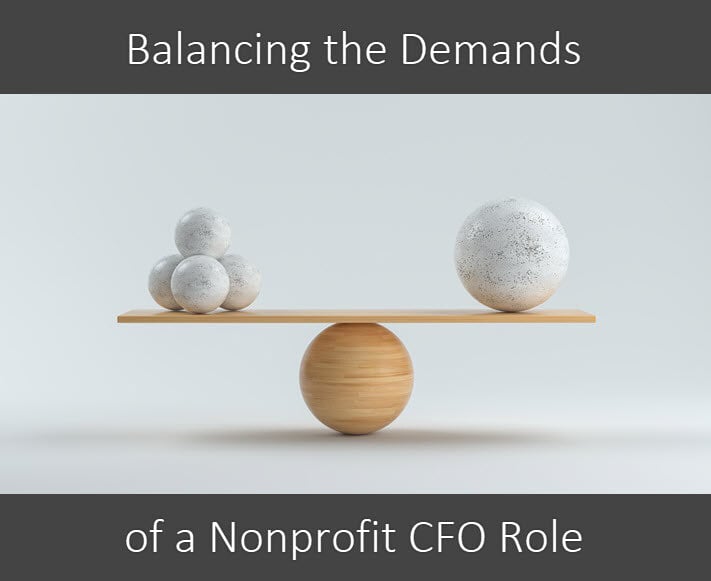Every year, millions of people have a great idea for a product or service. It might be either the formation of a new business or an addition to a current organization. Some never get off the ground, but some end up changing the world! According to recent data, 90% of startups fail every year, but the remaining 10% offer the potential to shape how we live our lives and transform the communities around us in significant ways.
Having a well-thought-out financial plan is often the difference between having a venture that ends in disappointment and one that soars. So, how can you set your new venture up for success?










